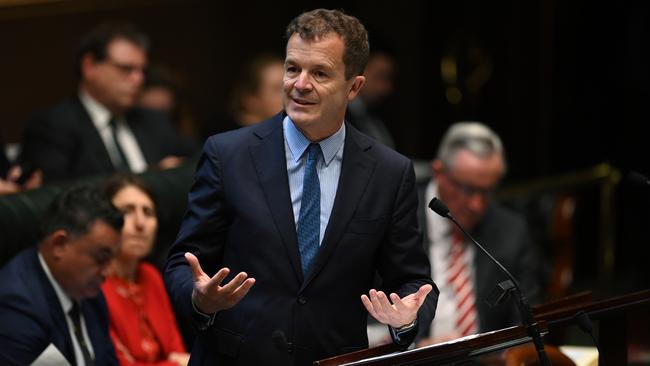Social media users face new defamation laws
A US-style free-for-all giving immunity to social media platforms for anything they publish is among the options for Australian defamation law reform

A US-style free-for-all giving immunity to social media platforms for anything they publish – the law former president Donald Trump angrily threatened to repeal – is among options on the table for Australian defamation law reform in a discussion paper released on Wednesday.
In releasing the second stage of the NSW-led review of national defamation laws, Attorney-General Mark Speakman noted that when uniform defamation laws were drafted more than 15 years ago, “social media was in its infancy and trolls were confined to children’s books”.
“This review acknowledges times have changed and asks whether internet giants like Google, Facebook and Twitter should be responsible for content posted by platform users,” he said.
The options for modernisation of defamation laws include doing nothing – leaving any further reform to the courts; adopting a UK-style “safe harbour” for internet intermediaries who comply with a take-down notice; or a US-style complete immunity. Either of the latter would provide greater protection for Australian internet intermediaries than they now have.
The reform process comes at a time when the US regime has attracted much controversy.
The immunity provided by s.230 of the Communications Decency Act came under attack by Mr Trump on the grounds that it provided too much power – and allowed too little responsibility – for Google, Facebook, Twitter and other social media platforms.
Australia is a relatively high-risk jurisdiction for internet intermediaries, such as search engines and platforms hosting user-generated content, as compared with the UK and the US when it comes to liability for defamatory content.
In the UK and the US, the courts have held that search engines are not “publishers” of search results, and thus search engines cannot themselves be held liable for defamation. In Australia, courts have rejected this approach and found Google liable as a publisher of defamatory snippets generated by a search query.
In the UK, operators of websites hosting user-generated content have the benefit of a statutory “safe harbour”, which provides protection from liability by users provided they comply with a complaints notice to remove content.
In the US, s.230 affords even greater protection to internet intermediaries for defamatory content posted by users. By contrast, the NSW Court of Appeal has found media defendants hosting public Facebook pages were the “publishers” of user comments, and thus liable for defamation arising from those comments.
The Defamation Working Party (DWP) proposes to group the functions of internet intermediaries into three categories.
First, basic internet services like ISPs that act as mere conduits, and are content neutral, would attract complete immunity.
The second group, digital platforms such as online search engines, social media platforms such as Facebook and Instagram, and marketplaces such as Amazon would be in the next level.
The most likely to fall foul of defamation laws would be the third group – forum administrators hosting online discussions who have some level of direct control over the content posted, either by moderating or blocking.
The discussion paper also asks whether defamation law discourages reporting alleged crimes and unlawful conduct.




To join the conversation, please log in. Don't have an account? Register
Join the conversation, you are commenting as Logout